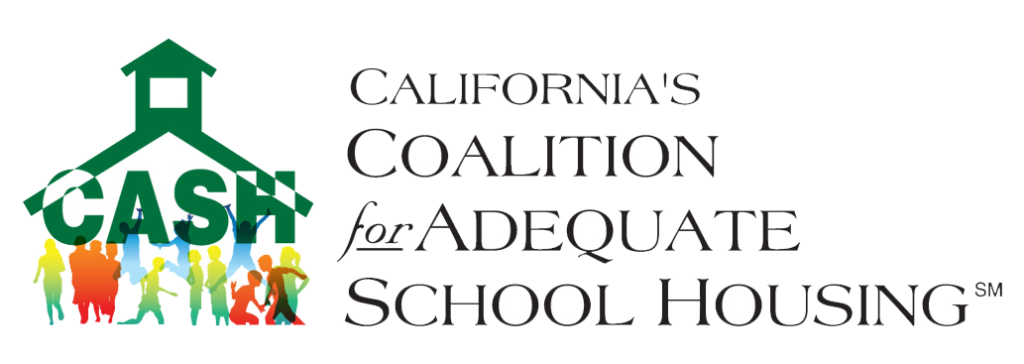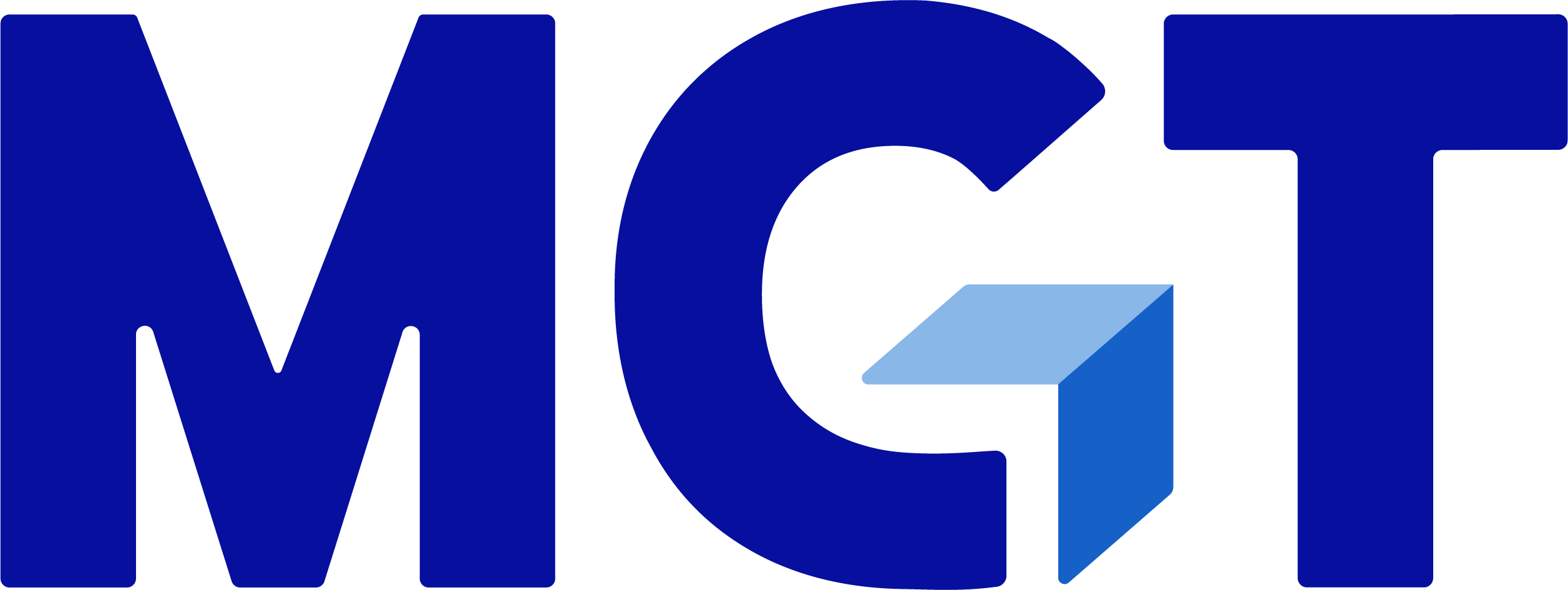
On April 25th, CASH-supported AB 247 (Muratsuchi), the Kindergarten Through Community College Public Education Facilities Bond Act of 2024, was approved by the Assembly Committee on Higher Education, which is chaired by Assembly Member Mike Fong, one of the bill’s joint authors.
In his opening statement, Mr. Fong, a former trustee of the Los Angeles Community College District, cited the need for over $20 billion to modernize and repair community college facilities over the next ten years. He also noted that this bill is not the same bond that failed in 2020. [Unlike SB 28 (Glazer) which does contain those same provisions.]
David O’Brien, Vice Chancellor for Government Relations for the Office of the Chancellor of Community Colleges, stated that it’s critical to secure these funds to build and modernize campuses. He shared that the community college system serves 1.8 million students, or two-thirds of our state’s higher education students. The system is also the largest provider of workforce training in the nation. O’Brien noted that modern facilities play a role in adequately and equitably preparing students to be the workforce of tomorrow.
Rebekah Kalleen, speaking on behalf of the Community College Facilities Coalition (CCFC), noted that proceeds from prior bonds have been committed, and no funding source exists for applications submitted today. She also shared how state bonds allow local educational agencies to leverage and maximize local bond funds. She noted that adequate facilities increase degree transfer and certificate rates in community colleges. Kalleen also stated that facilities resources are critical to the ability of community colleges to deliver services such as food, healthcare, counseling, and financial aid.
The lengthy list of speakers in support included the chancellors of the Los Angeles and Kern community college districts, who attended in person. There were no questions or discussion from committee members. The bill was approved and moved onto the Assembly Appropriations Committee.
There were no additional amendments made to the bill. The most recent amendments were outlined in an April 4th CASH Update. Those amendments incorporated various provisions that had been part of AB 75 (O’Donnell) in the last session.
Next Steps
Upon approval by the Assembly Committee on Higher Education, the bill will be heard in the Assembly Appropriations Committee. Authors usually waive presentation in Appropriations, and debate and discussion are rare. AB 247 will likely be heard and placed on the Suspense File.
The Suspense File is a unique feature of the Appropriations Committee, to which the committee sends any bill with an annual cost of more than $150,000 (from any fund). Suspense File bills are then considered at one hearing after the state budget has been prepared and the committee has a better sense of available revenue. No testimony is presented – author or witness – at the Suspense File hearing. The Appropriations Committee must act on all bills prior to the May 19th fiscal deadline.
Legislative Highlights
With the Legislature in full swing, here are a few updates on key bills in which CASH in engaged:
AB 249 (Holden D) – Water: school sites: lead testing: conservation.
This bill follows the AB 746 policy pathway (community water agencies testing school potable water systems), but expands the scope significantly by triggering water testing at 5 ppb (vs. 15 ppb under AB 746) and requires testing of all potable water systems (vs. a sample under AB 746). If a test is triggered schools must shut down the water system and provide an alternative (filters, bottled water, etc.). CASH and other education associations met with the sponsors to discuss our continuing concerns about the cost impact for school districts, and work to narrow the bill as it heads from policy committees to the fiscal committees.
AB 384 (Calderon D) – School facilities: recommended interior temperatures: inventory of heating and cooling systems.
As introduced this bill would have established expansive new requirements to establish an appropriate school interior temperature range, but the author and staff listened to concerns from CASH and other school associations and amended the bill to require the California Department of Education (CDE) to conduct a study of recommended indoor school temperature standards, compile a statewide inventory of school HVAC systems, and develop recommendations through a stakeholder process.
SB 499 (Menjivar) – School facilities: School Extreme Heat Action Plan Act of 2023. – CASH Opposed
This bill would require all school sites, by January 1, 2025 at the earliest possible time, to replace specific heat surfaces such as cement, asphalt, brick, pebbles, sand, aggregates, rubber, and synthetic turf with cool pavement, grass, shrubs, trees, wood chips, etc. CASH and other education associations oppose this bill because it is too prescriptive, duplicative of other state requirements, and an unfunded mandate.
SB 532 (Weiner) – Local Bond Ballot Labels. – CASH Sponsored
This bill is aimed at addressing the negative effects created by AB 195 (Obernolte), chaptered in 2017. AB 195 requires local bonds and other tax measures to state on the ballot label the rate, duration, and amount anticipated to be raised annually. This information is challenging to provide for bonds and creates voter confusion, making it more difficult for community colleges and other local agencies to pass local bonds or place them on the ballot. CASH is co-sponsoring this bill along with the Non-Profit Housing Association of Northern California.
SB 532 was passed by both the Senate Governance and Finance Committee as well as the Senate Elections and Constitutional Amendments Committee. It was significantly amended in the latter committee due to Chair Senator Glazer’s concerns regarding transparency. SB 532 now exempts the above fiscal disclosures from the 75-word cap on the ballot label. This will allow additional space on the ballot label to explain both the fiscal disclosures and how the revenues would be spent in the community. While this is not a comprehensive solution to the issues created by AB 195, it is an incremental improvement that takes a step in the right direction. The bill previously exempted bonds and tiered taxes from the ballot label requirement, with inclusion of a statement directing voters to the Voter Guide for more information. The bill will next be heard in the Senate Appropriations Committee.
~ Nancy Chaires Espinoza, Legislative Advocate


